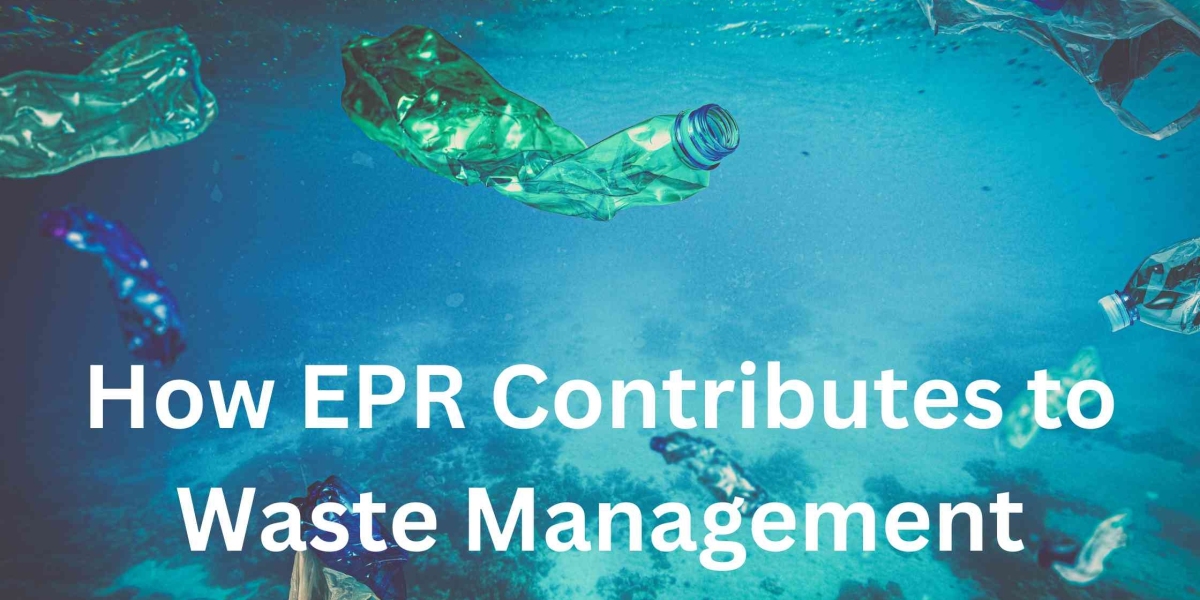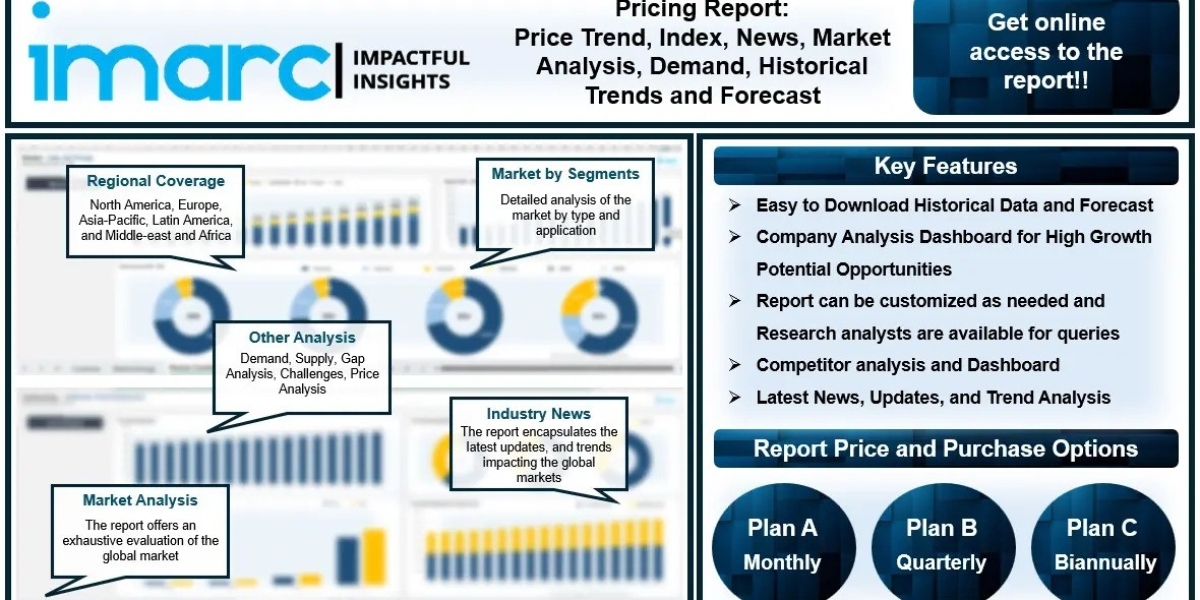Waste management is a significant challenge for many countries around the world. As our consumption of goods increases, so does the amount of waste we generate. To address this issue, many governments and organizations have turned to Extended Producer Responsibility (EPR). But what is EPR, and how does it help with waste management? In this blog, we'll explore how EPR contributes to effective waste management and why it's an essential part of a sustainable future.
What is EPR?
Extended Producer Responsibility (EPR) is a policy approach where producers (the companies that make and sell products) are given responsibility for the entire lifecycle of their products. This includes the waste generated after the products are used and discarded. In simple terms, EPR means that producers are accountable for managing the waste from their products, even after they are sold and used.
EPR is designed to encourage producers to design products that are easier to recycle and have less environmental impact. It shifts the responsibility for waste management from local governments and taxpayers to the producers themselves. This can help reduce the burden on public waste management systems and promote more sustainable practices.
How EPR Works
Under EPR schemes, producers are required to take several steps to manage the waste their products generate. These steps can include:
Design for Environment: Producers are encouraged to design products with recycling and disposal in mind. This means using materials that are easier to recycle and reducing the amount of waste generated in the production process.
Collection and Recycling: Producers may set up or participate in systems to collect used products from consumers. These products are then sent to recycling facilities where they can be processed and turned into new products.
Waste Management Programs: Producers may also fund or operate waste management programs, such as recycling centers and disposal facilities. This helps ensure that waste is managed properly and not just discarded in landfills.
Reporting and Compliance: Producers are required to report on the amount of waste their products generate and how it is managed. This helps ensure transparency and accountability in the waste management process.
Benefits of EPR for Waste Management
- Reduces Landfill Waste
One of the primary benefits of EPR is that it helps reduce the amount of waste sent to landfills. When producers are responsible for managing the end-of-life phase of their products, they are more likely to invest in recycling and waste reduction programs. This leads to less waste being discarded in landfills and more materials being recycled and reused.
- Encourages Product Design Improvements
EPR encourages producers to design products with recycling and disposal in mind. This means creating products that are easier to disassemble and recycle. For example, a company might use fewer mixed materials in its packaging, making it easier to separate and recycle. As a result, products become more environmentally friendly, and the waste they generate is less difficult to manage.
- Promotes Recycling and Reuse
EPR schemes often include requirements for producers to establish or support recycling programs. This means that more products are collected for recycling, and valuable materials are recovered and reused. Recycling reduces the need for new raw materials and helps conserve natural resources. It also lowers the environmental impact of producing new products from scratch.
- Reduces Costs for Local Governments
Waste management is often funded by local governments and taxpayers. By shifting some of the responsibility for waste management to producers, EPR registration in India helps reduce the financial burden on local authorities. This can lead to lower waste management costs for communities and more funds available for other important services.
- Encourages Innovation
When producers are responsible for the waste their products generate, they are incentivized to find innovative solutions to reduce waste. This can lead to the development of new technologies and practices that improve recycling and waste management. For example, some companies are investing in technologies that make it easier to recycle complex materials or create new products from recycled materials.
Integration of EPR with Outsourced CFO Services
Businesses implementing EPR may find that managing the associated responsibilities requires significant financial oversight. Outsourced CFO (Chief Financial Officer) services can play a crucial role in this context. These services help businesses manage their finances more effectively, including budgeting for EPR compliance costs, tracking expenditures on recycling programs, and ensuring financial reporting aligns with EPR requirements. An outsourced CFO services in India can provide valuable insights and strategies for optimizing financial resources and achieving EPR goals efficiently.
Plastic Waste Authorization and EPR
Plastic waste is a major environmental issue, and EPR schemes often include specific provisions for managing plastic waste. Plastic waste management authorization in India is a regulatory requirement that businesses must obtain to manage and dispose of plastic waste responsibly. This authorization ensures that companies are compliant with regulations related to plastic waste collection, recycling, and treatment.
EPR programs frequently incorporate plastic waste management as a key component. By obtaining Plastic Waste Authorization, businesses demonstrate their commitment to adhering to environmental standards and contributing to effective waste management. This not only helps reduce the environmental impact of plastic waste but also aligns with broader EPR objectives.
Challenges of EPR
While EPR has many benefits, it also comes with some challenges:
- Implementation Costs
Setting up and managing EPR programs can be costly for producers. They may need to invest in new technologies, systems for collecting and recycling products, and compliance reporting. These costs can be a barrier for some companies, especially smaller businesses.
- Ensuring Compliance
For EPR to be effective, all producers need to comply with the regulations. Ensuring that all companies meet their responsibilities can be challenging. Governments need to have systems in place to monitor compliance and address any issues.
- Consumer Participation
EPR programs often rely on consumer participation in recycling and disposal programs. If consumers do not properly dispose of or recycle their products, the effectiveness of EPR programs can be reduced. Education and awareness campaigns are needed to encourage proper waste management practices among consumers.
Conclusion
Extended Producer Responsibility (EPR) is a valuable tool in the fight against waste. By shifting the responsibility for waste management to producers, EPR helps reduce landfill waste, encourages better product design, promotes recycling and reuse, and reduces costs for local governments. The integration of Outsourced CFO services can aid businesses in managing the financial aspects of EPR, ensuring effective budgeting and compliance. Additionally, Plastic Waste Authorization underlines the importance of managing plastic waste within the framework of EPR.
While there are challenges in implementing EPR programs, the benefits they offer for both the environment and society make them an essential part of modern waste management strategies. As more businesses and governments adopt EPR, we can expect to see continued improvements in waste management and a more sustainable approach to handling the products we use every day. By understanding and supporting EPR, we can all contribute to a cleaner, greener future.









